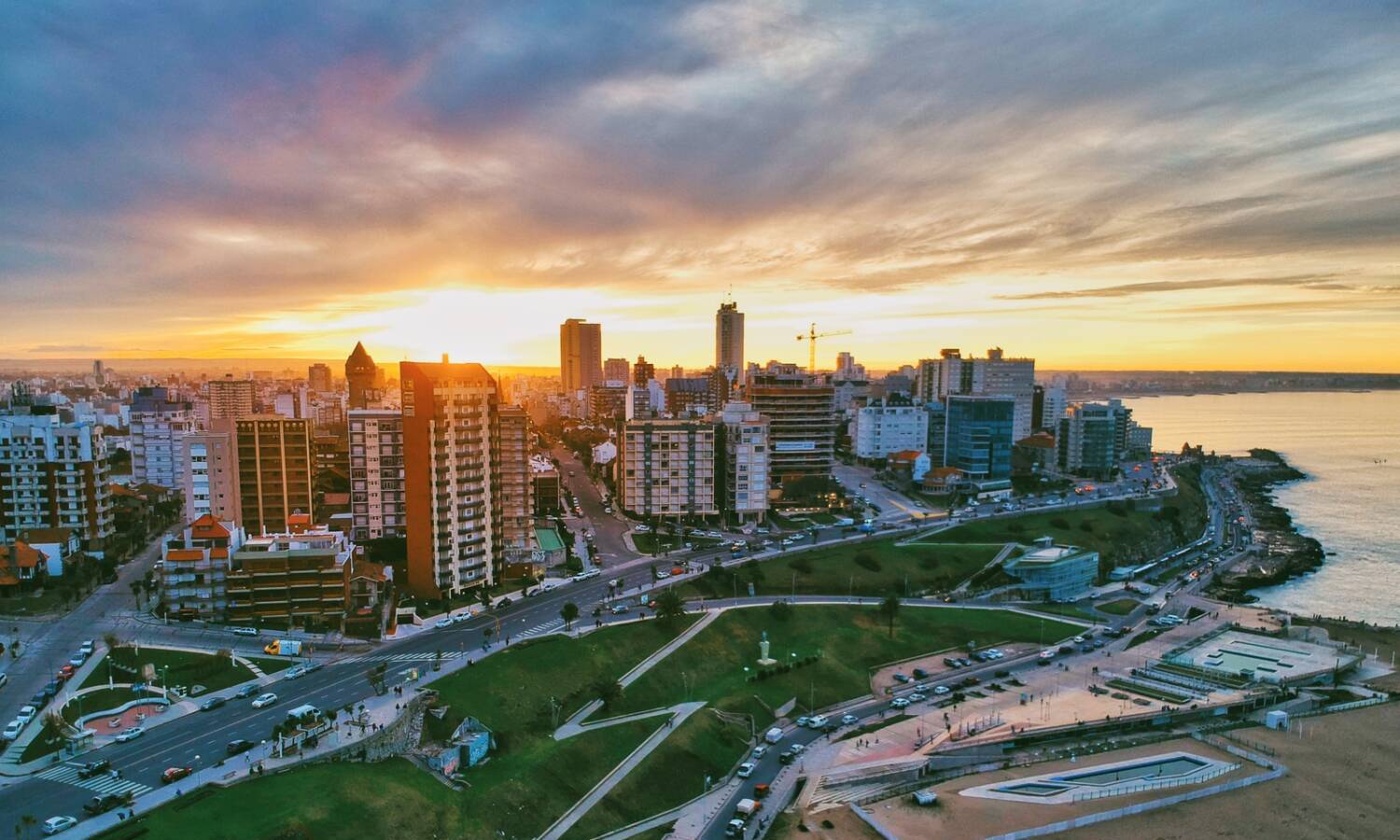
Argentina’s lower house legalizes medical cannabis and industrial hemp
Of
Argentina’s Congress has passed legislation that will create a regulatory framework for public and private investment in the manufacture of pharmaceutical-grade cannabis products.
The law has yet to be signed by President Alberto Fernandez. Lance Lambert, vice president of marketing and business development for Nevada-based brand GreenBroz Inc., said the country’s population of over 45 million is “one to watch and be ready to capitalize on when the time comes.”
Photo by Angelica Reyes via Unsplash
The law passed the Senate last year with broad support from state governors, who are banking on cannabis to boost economic growth and sustainable development.
The legislation does not legalize recreational cannabis, but creates ARICCAME (Regulatory Agency for Hemp and Medicinal Cannabis), the agency that will regulate the production of cannabis for medicinal and industrial use.
The agency will coordinate with state governments on when and whether to approve cannabis and hemp licenses and will have a prominent role in the regulatory process.
The law also gives cannabis companies access to traditional banking and introduces a streamlined regulatory process for hemp producers.
Thursday’s decision in the Chamber of Deputies has been pending since July last year when, after being proposed by the national government, it was later blocked by the opposition over disagreement over the details.
Divided opinions
Representatives supporting the bill stressed the importance of the legislation to ensure safe access to health care, increase economic benefits and exports, and diversify the economy beyond the central “Pampa” region.
Meanwhile, opponents of the bill said the legislation would expand government and challenge the imposition of a national tax on cannabis. There were also cultural arguments against cannabis. Conservative MPs in the House of Commons have described the cannabis industry as “advancing the drug trade” and legitimizing the use of illicit substances.
RELATED: Updated guide to cannabis laws around the world
“This law provides for different types of permits and licenses. Priority will be given to projects that promote regional development and engage SMEs,” said Rep. Mara Brawer, co-sponsor of the bill.
There were a few surprises during the debate.
MP Martin Tetaz, a proponent of market deregulation and tax cuts who is often criticized by the left, said he supported the law and called for recreational cannabis to be legalized.
RELATED: Legalization in Latin America: Who’s Next to Mexico?
“I am for full legalization and against a ‘paternalistic state’. Society does not tolerate any more bureaucracy,” Tetaz said, referring to the regulator that will act as the oversight body of the cannabis production chain.
Argentina’s cannabis market is showing promising signs as incremental progress has been made for several years. The Supreme Court decriminalized the use of small amounts of cannabis in 2009. In 2017, the country approved importing cannabis products with a doctor’s prescription, and in 2020 a bill approved home cultivation for medical patients.
This article originally appeared on Benzinga and has been republished with permission.

Post a comment: